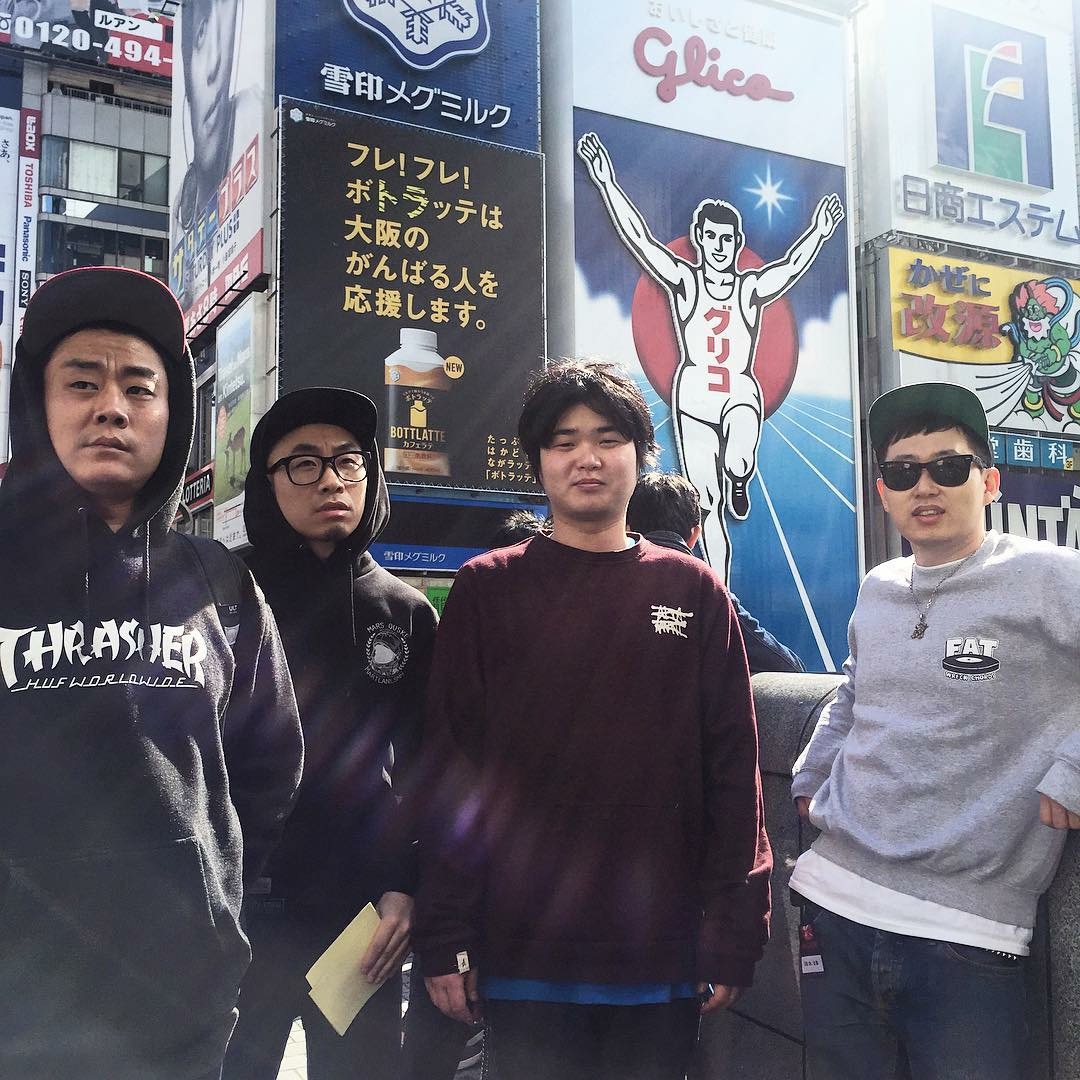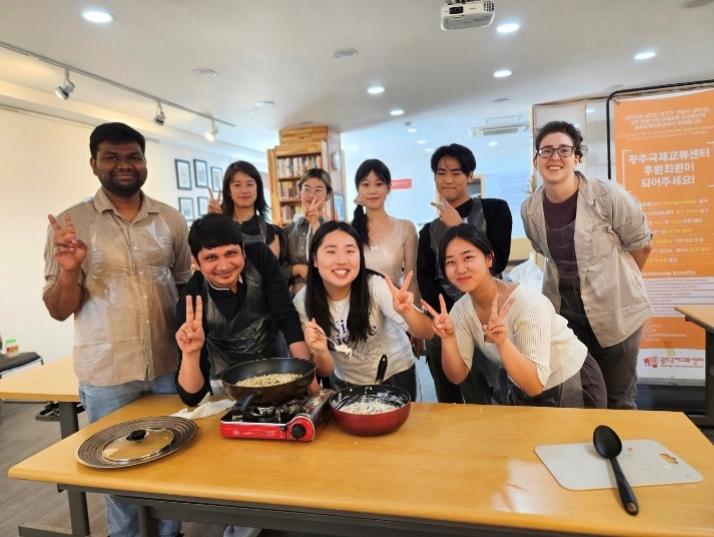Our Peculiar Police
You may have heard the story. Just this past August, a policeman in Busan named Kim Hyun-cheol leapt onto the windshield of a suspect’s getaway car.25 minutes, 15 kilometers, and no small amount of property damage later, the driver tried to flee on foot – and Kim was ready for him, coolly chasing him down.
For his performance the 33-year-old traffic cop was justly rewarded with a special promotion by his commissioner and a few flattering nicknames by the media. The people who should have thrown him a party, however, are the men and women in charge of public relations at the Korean National Police Agency because it’s been a long time since those poor people have had the opportunity to enjoy positive press coverage.
According to almost any major news report you’ve read in 2012, South Korea’s officers are inept, lazy, or – more charitably – neutered by restrictive laws. The Korea Times opined on April 12 that the Saenuri Party’s recent success will weaken the right of police to investigate crimes. That same month, media organizations around the world expressed disgust when police in Seoul took 13 hours to respond to an emergency call from a woman consequently raped and murdered.
On July 25 the New York Times ran a story on the “the peculiar relationship between the country’s citizens and their police,” essentially shaking its head at the small fines and short jail times given to those who resist officers. And of course there is the usual litany of complaints about lax enforcement of little laws,such as Brian Arundel’s criticism in the Korea Herald’s April 30 edition: “I often see people parked in no parking zones on main streets and the police just honk their horn at the car, but if there is nobody in the car, they will just drive on.”
All of this frustration isn’t new. One of the main themes of Korea’s popular 2008 film “The Chaser” (추격자) is the KNPA’s supposed lack of adequate power to detain and investigate suspects. But 2012 seems to be the year the dissatisfaction has crystallized. Korean policemen, the Korean public, and we nosy foreigners all seem to agree that police need to get tougher on law breakers. And I hate that, because I think that one of the great delights of living in Korea is the presently “peculiar relationship” Koreans have with law enforcement. In fact I wish my fellow countrymen, Americans, had a similar relationship with their own police.
I know that’s a futile hope. The difference between our enforcement agencies are the result of our cultures’ different values. American values, in particular our legalism and moralism, are responsible for producing the police we have: men and women who see themselves as moral crusaders defending their communities, punishing the guilty. Just the same, Korea’s values are the reason it has public servants more interested in keeping the peace than in righting wrongs, especially minute ones.
How the two countries’ police officers engage drunken people is an excellent illustration. In the United States, a drunken and misbehaving individual can be arrested. In Korea, anyone inebriated and causing a disturbance is traditionally just given good advice: “Go home.” Only those who absolutely refuse to stop causing problems tend to be cuffed, and of those arrested last year, the police only bothered to prosecute 15%. I applaud the mere desire to defuse the situation. I love the understanding that it’s not necessary to place a man in a cage just because he’s acted foolishly.
This enlightened attitude is buttressed by strong laws and public opinion against police misconduct. “We hesitate to use force against unruly drunken citizens because then we’re likely to face charges of police brutality,” an inspector told the New York Times. He was complaining. I’m not. Who knows how many more people might be alive today if American police were more hesitant about using force?
I also love that a Korean citizen feels free to object to an order made by a police officer. In the U.S., “talking back” is often a direct ticket to jail, even if you’re just trying to clear up an obvious misunderstanding. Here, sometimes it actually works (and other times, yes, it’s a ticket to jail).
I guess what’s so “peculiar” about Korean policemen is I don’t fear them. I might soon, though: the government is already taking advantage of current dissatisfaction to increase the KNPA’s powers. For the first time since 1999, patrol cars in Seoul are again armed with tear gas, the same weapon they once used so often against protesters that it earned the nickname “Seoul perfume.” Random stop-and-searches have restarted as well, after a report by the National Human Rights Commissioner put an end to them in 2010. And in May, Korean police launched a crackdown on instigators of “drunken violence.”
Nothing peculiar about any of that, I’m afraid.




